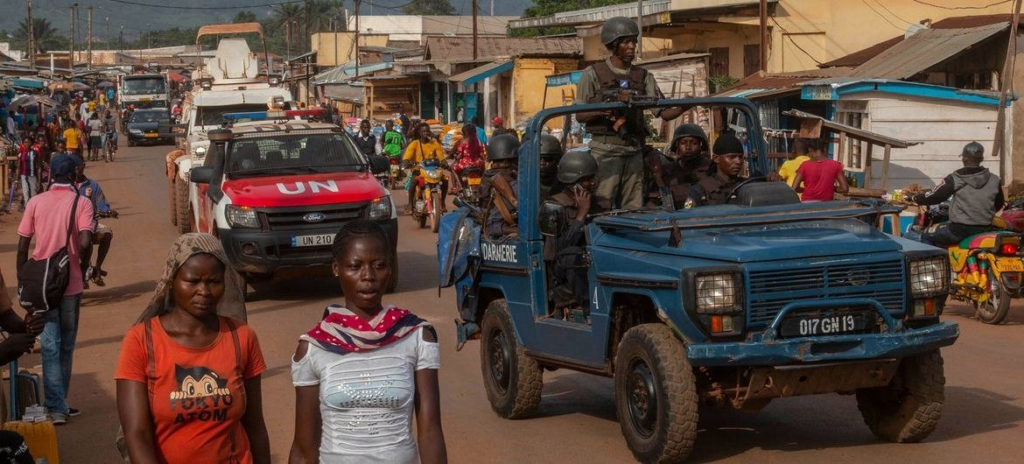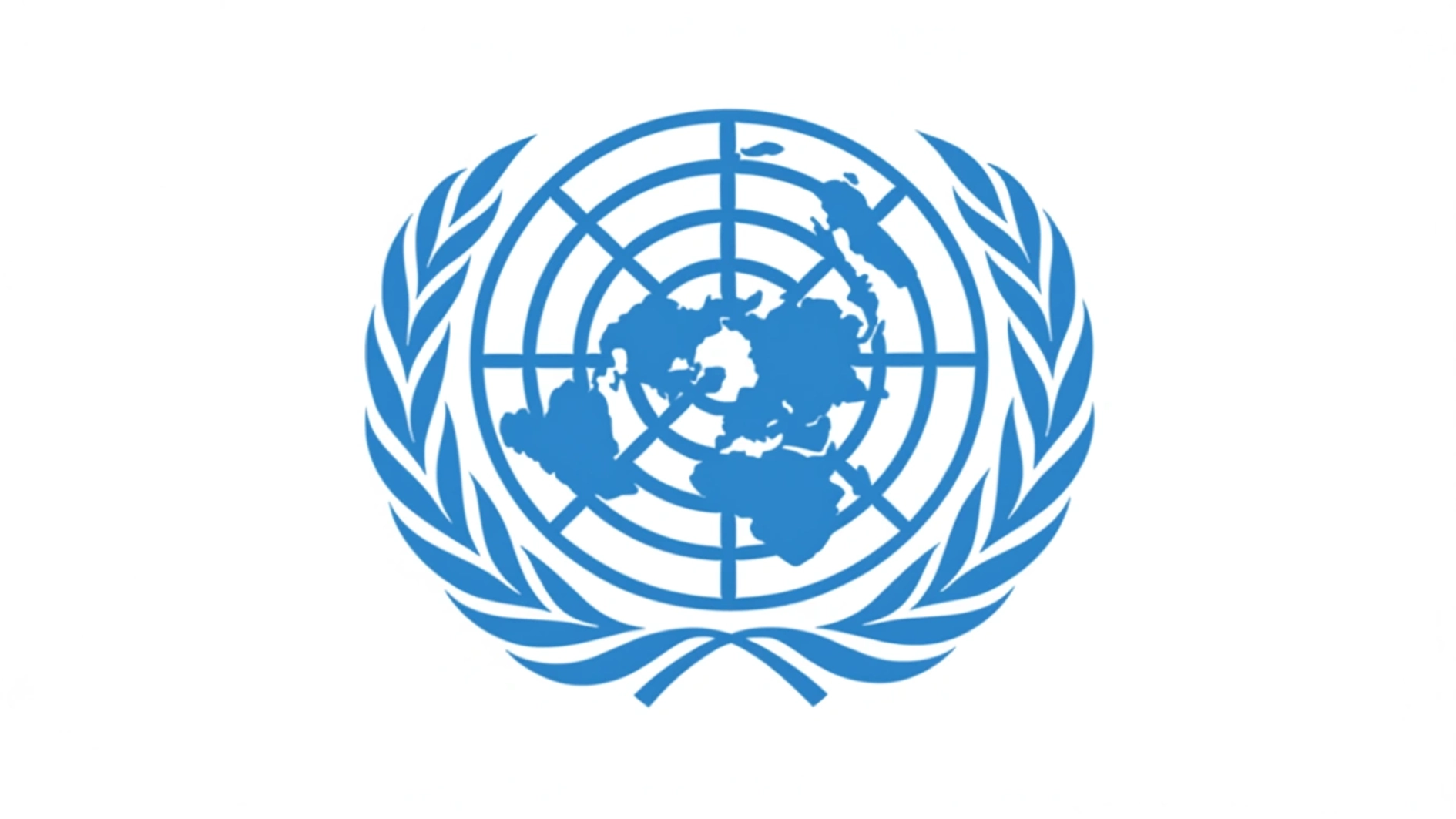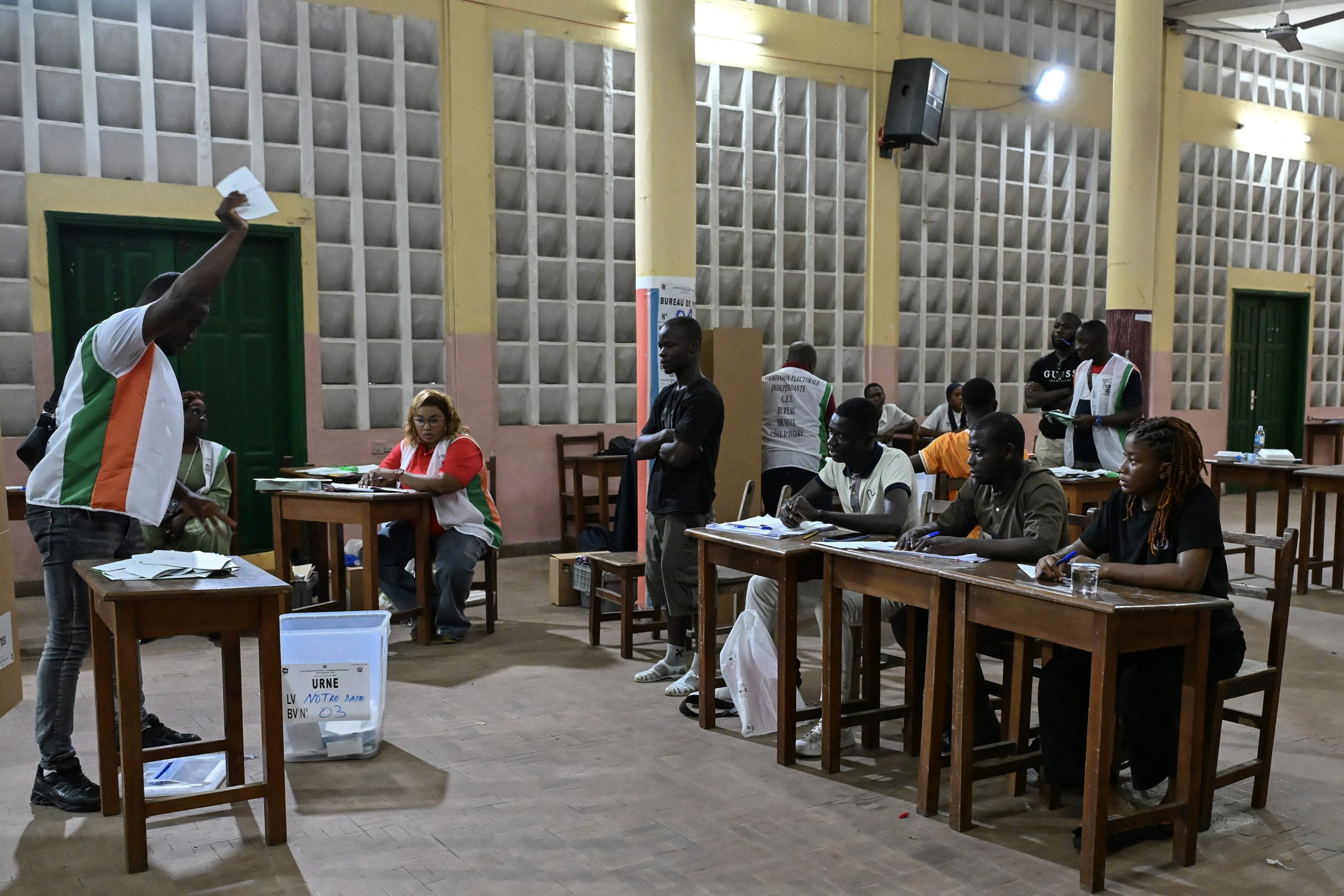Tanzania is one of East Africa’s strongest economies but is better known for its wildlife-rich national parks and soaring Mount Kilimanjaro.
Ahead of presidential and legislative elections on Wednesday, here are five things to know about Tanzania:
– Kilimanjaro to the Serengeti –
At 945,000 square kilometres (364,900 square miles), Tanzania is among the largest nations in East Africa, bordered by eight countries and the Indian Ocean.
Tanzania boasts Africa’s highest peak, Mount Kilimanjaro, and the world’s second largest and deepest lake, Lake Tanganyika.
The wildlife-rich Serengeti National Park, Ngorongoro volcanic crater, and Zanzibar’s turquoise waters lured two million visitors in 2024, according to the country’s ministry of tourism.
The official capital is Dodoma, although the economic heart is the port city of Dar es Salaam.
Tanzania has around 120 ethnic groups but does not have a single dominant group. It is home to roughly 68 million people, with Swahili and English the official languages.
About 60 percent of the population are Christian, and 35 percent Muslim. On the semi-autonomous archipelago of Zanzibar, however, 99 percent are Muslim.
– German, then British occupation –
The British established a protectorate on Zanzibar in 1890, while Germany took control of the mainland in 1891.
German East Africa became British territory following the First World War and took the name Tanganyika. Germany apologised in 2023 over its atrocities during its occupation of the country.
It became independent in 1961 and the country’s founding father Julius Nyerere was elected president one year later.
Mainland Tanganyika merged with the Indian Ocean islands of Zanzibar and Pemba to form Tanzania in 1964, but the islands have kept a semi-autonomous status with a separate president.
Tanzania held its first multi-party elections in 1995 and the ruling Chama Cha Mapinduzi (CCM) party has won every election since.
It is the party of the current president, Samia Suluhu Hassan, who came to power in 2021 without direct election following the death of her predecessor, John Magufuli.
While her arrival in office was initially heralded as a chance for change, she is now accused by the opposition and rights groups of increasing repression.
– Mega pipeline –
Major gas discoveries have been made since 2012.
A flagship project, a liquefied natural gas production and export terminal in southern Lindi, led by the Norwegian group Equinor and the British company Shell, aims to begin operations by 2030.
The country’s gas reserves are estimated at 1.63 trillion cubic meters onshore and offshore.
A controversial project, led by France’s TotalEnergies, is the construction of an oil pipeline to connect Uganda’s oil fields to Tanzania’s Tanga port on the Indian Ocean.
NGOs and rights groups have protested its construction, citing the environmental impact.
– Gold, cloves, coffee and Mercury –
Agriculture is the biggest sector, employing the vast majority of the workforce and contributing around 30 percent to gross domestic product.
Gold is the main export and foreign exchange earner. The country also exports cashew nuts, cotton, cloves, sisal, coffee, tea and tobacco.
The International Monetary Fund forecasts growth of six percent in 2025 and 6.3 cent in 2026, after 5.5 percent in 2024.
However, since the mid-2010s, the pace of economic transformation and poverty reduction has slowed, according to the World Bank, which estimates that nearly half of the population lives on less than $3 per person per day (the international poverty line).
Finally, Zanzibar has ties to Freddie Mercury, real name Farrokh Bulsara, who was born on the island in 1946.
The late lead singer of the British rock band Queen moved to England in the 1960s with his family.






